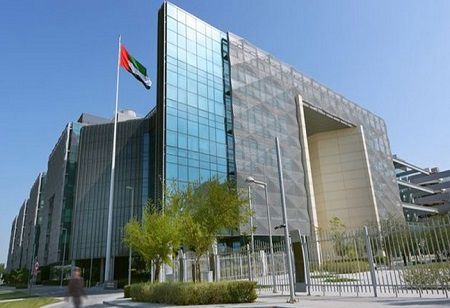Khalifa University of Science and Technology has announced a groundbreaking achievement as scientists and researchers from its Environmental and Geophysical Sciences (ENGEOS) laboratory, along with the Earth Science department, have successfully deployed the Snow Ice Mass Balance (SIMBA) instrument in Antarctica. This marks a significant milestone as it is the first time researchers from any institution in the UAE have deployed operational scientific instruments on the icy continent.
The project is led by Dr. Diana Francis, the Head of the ENGEOS lab and Assistant Professor in Earth Sciences at Khalifa University, and supported by a team of five researchers. Collaborating with them are two scientists from the Australian Antarctic Division, enhancing the international partnership in this important research initiative.
Prof. Bayan Sharif, Provost of Khalifa University, expressed pride in this achievement, stating, “We are honored to be the first academic institution from the UAE to deploy this instrument to study sea ice formation and melting, aiding in better understanding the risk of rising sea levels. This initiative, which started in 2020, has successfully attracted international collaborations with countries already present in Antarctica”.
The SIMBA instrument is strategically deployed in April, just before the annual formation of sea ice, which begins around May and reaches its peak in July during the austral winter. This timing allows researchers to gain critical insights into ocean and atmospheric conditions prior to this pivotal phase.
Dr. Diana Francis elaborated on the instrument’s functionality, saying, “Once the ice forms, it surrounds the instrument, which continues to measure various parameters and the evolution of sea ice thickness over time. As the melting season begins in austral fall, the instrument will once again record the state of ice, water, and atmosphere. This provides invaluable data regarding the conditions governing the formation and melting of sea ice”.
The research is particularly vital as Antarctic sea ice acts as a protective barrier against ocean waves and forces impacting glaciers. It plays a crucial role in slowing down the flow of ice from Antarctica’s interior, which is significant for understanding potential contributions to rising sea levels.
Antarctica is predominantly covered in ice, with over 99.5% of the continent blanketed by this frozen resource, which contains 90% of the world’s freshwater ice. The ice in Antarctica is essential for regulating the Earth’s climate by reflecting solar radiation, providing habitat for microscopic plants that absorb carbon, controlling global sea levels, and generating cold, salty water that drives global ocean currents.
The deployment of SIMBA not only marks a pioneering effort for Khalifa University but also contributes to the broader scientific understanding of climate change and its implications for sea-level rise. This initiative reflects the institution’s commitment to advancing scientific exploration and innovation in critical environmental research.

